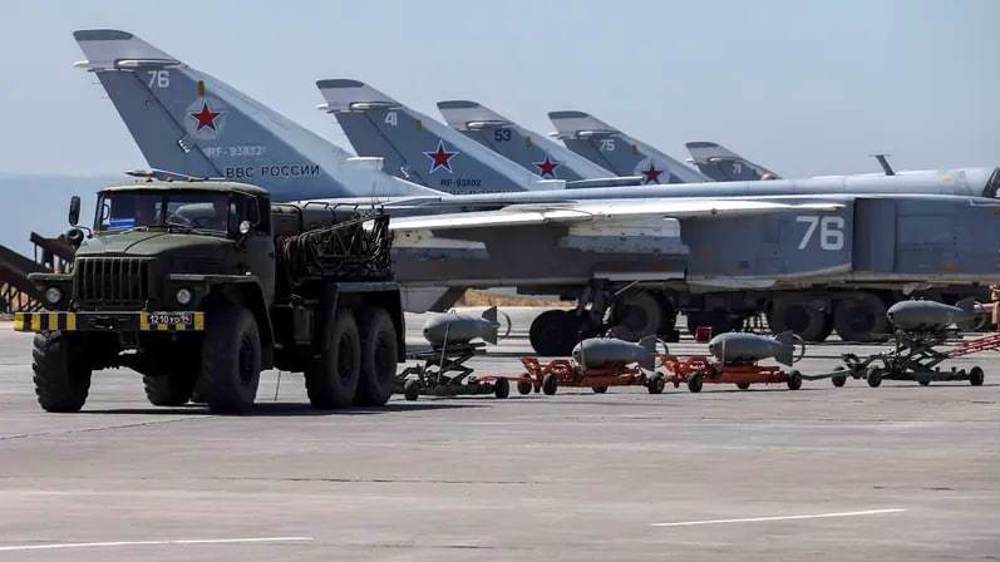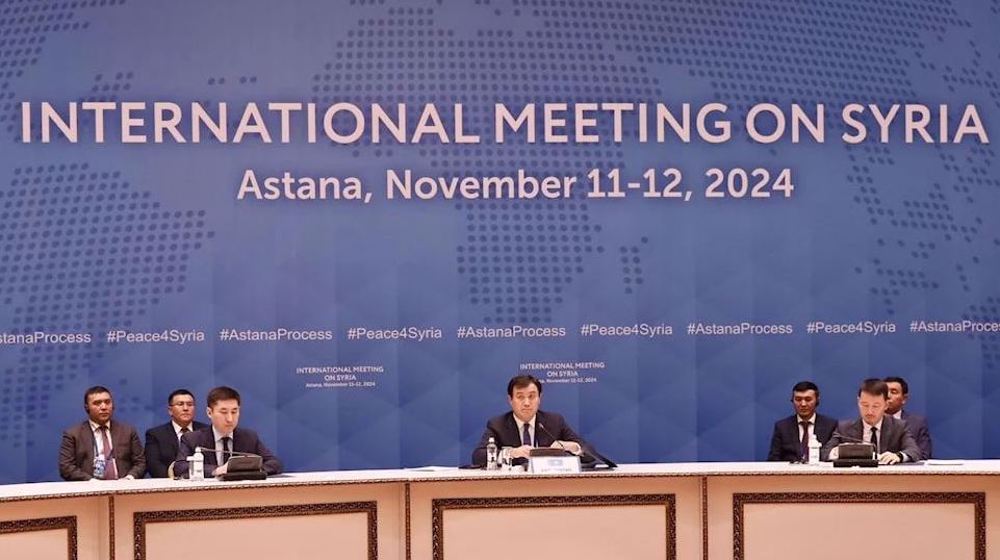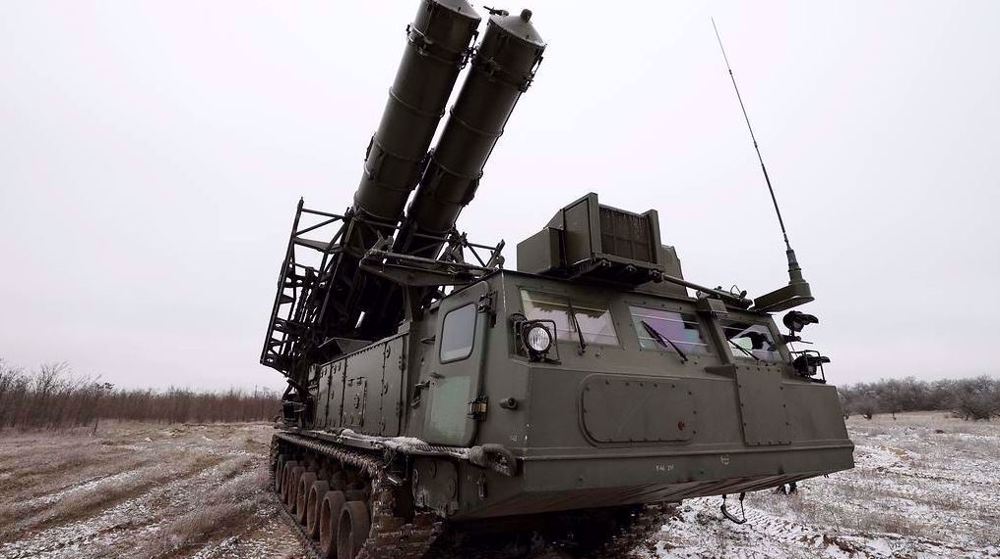Russia bewildered by NATO meeting announcement
Russia has censured NATO officials for an announcement that the military alliance is planning to hold a meeting with Moscow without seeking prior confirmation from the Russian side.
Russian Foreign Minister Sergei Lavrov said Friday that Moscow was quite bewildered about the unilateral announcement, saying that NATO General Secretary Jens Stoltenberg should have consulted Moscow before the decision was announced.
“Why on earth did he say that? The Russia-NATO council works on the basis of consensus,” Lavrov said, adding, “If they want to discuss this, let him discuss this with us instead of making his way to the microphone.”
Stoltenberg said earlier in the day the alliance has reached a “broad agreement” to seek another meeting with Russia before NATO leaders meet in Warsaw this July.
He said NATO foreign ministers agreed in a meeting in Brussels on Thursday to adopt a “dual track approach” toward Moscow, so that the body can improve its defense against what he termed as mounting Russian threat while it keeps pursuing dialogue with Moscow.
Stoltenberg said the ministers “all agreed in the current situation that we need a platform (like) the NATO-Russia Council to pursue transparent and predictability.”
Ties between NATO and Russia have been tense for the last two years over a crisis in Ukraine, where the government and its Western allies keep accusing Moscow of having a hand in the militancy in the east. The Kremlin strongly rejects the claims. Russia has also criticized NATO’s expansion policy to include countries in the Western Balkan region, saying the move directly harms Russia’s strategic interests in the area.
NATO and Montenegro signed an accession agreement during the ministerial meeting Thursday, with Stoltenberg and others dismissing speculation that the agreement would threaten Russia.
The NATO-Russia Council was created in 2002 when relations between Russia and NATO were much better. The council convened a meeting last month for the first time in two years although it failed to bridge differences between Russia and the US-led alliance.
Hezbollah attacks Israeli military bases in Tel Aviv, Haifa
Hezbollah strikes multiple Israeli targets in fresh retaliatory operations
VIDEO | New Zealand: Maori MPs protest in parliament with Haka war dance
Pezeshkian: World has come to believe Iran seeks peace, security
Houthi: US bombs inflame, escalate wars of extermination in West Asia
VIDEO | Press TV's news headlines
UN report says Israel’s methods in Gaza align with ‘genocide’
Attempts to dehumanize Hamas resistance movement doomed to fail












 This makes it easy to access the Press TV website
This makes it easy to access the Press TV website